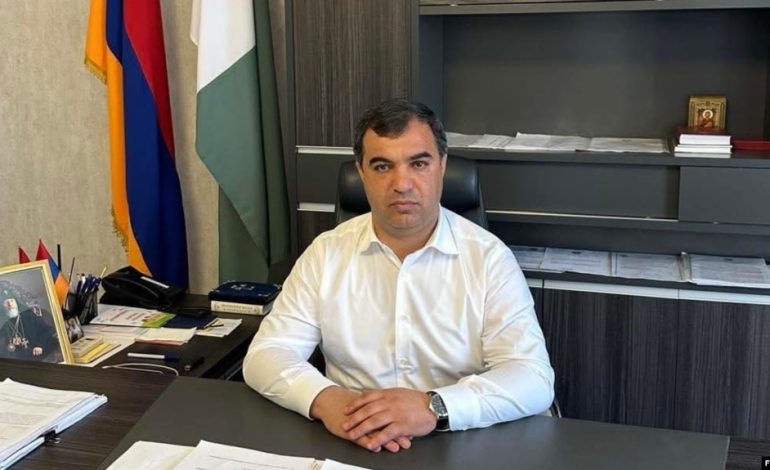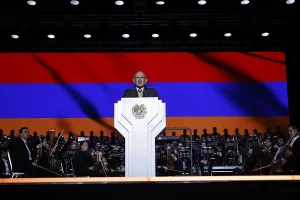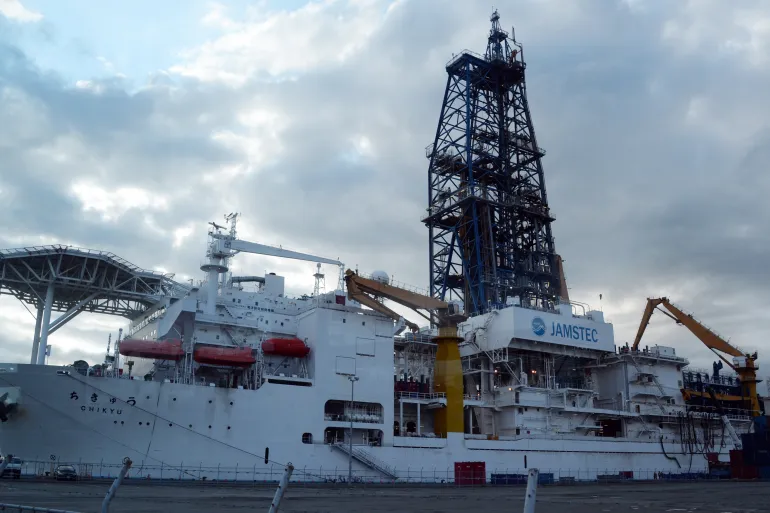Peace on paper, gunfire on the ground: Armenia’s uneasy march toward a “final peace”

The promise of peace keeps colliding with the sound of gunfire in Armenia. Late Tuesday, a masked shooter cut down Volodya Grigoryan — the newly elected opposition head of Parakar, a large community outside Yerevan — and his friend, off-duty police officer Karen Abrahamyan. A third man, Artsrun Galstyan, was wounded. By Wednesday afternoon there were no arrests. Prime Minister Nikol Pashinyan condemned the “brazen armed attack,” ordered a sweeping manhunt, and demanded answers about what prevention might have stopped a “series of violent acts” in Parakar.
It’s a grisly snapshot of a deeper paradox: as Yerevan talks up normalization with Azerbaijan and the EU pours resources into “resilience,” the state’s monopoly on violence looks shaky, and politics feels increasingly zero-sum at home.
Parakar has been on edge all year. In February, a deadly shootout outside the home of the then-ruling-party community chief left a relative dead. Two months later, voters flipped the table, handing Grigoryan — running with an opposition alliance — the keys to a community long dominated by Civil Contract. Even before that, controversy swirled: the ruling party’s local standard-bearer, Lyudvig Gyulnazaryan, resigned in 2024 after a violent dispute in Yerevan turned fatal, only to be reappointed acting mayor in January.
Tuesday’s ambush unfolded on a quiet street: CCTV shows the trio chatting briefly before a gunman opens fire, chasing the victims as they scatter and then finishing one off at close range. Investigators say up to 18 shots were fired; drones, K9 teams, and “hundreds” of officers swept the area as border checkpoints tightened. The Interior Ministry won’t float a motive. The opposition Aprelu Yerkir party, with which Grigoryan was affiliated, blames “police inaction” but stops short of calling it a political hit. Local media speculate the Parakar killings may be connected. Either way, the message to ambitious local power brokers is unmistakable: victory at the ballot box doesn’t necessarily settle scores.
Armenia’s gun crime has climbed through Pashinyan’s seven-plus years in office. Police logged 109 firearm-related crimes last year, up from 94 in 2023 — on top of a 40% surge that same year. The prime minister has publicly called it a “very big problem” and told law enforcement to get a grip. His critics say the numbers prove they haven’t.

Beyond the body counts, what’s eroding public confidence is something subtler: the sense that law enforcement is either overstretched, politicized, or both. When an opposition mayor and an off-duty cop are killed together on a suburban lane — and no suspect is in cuffs days later — people draw their own conclusions about deterrence.
The violence arrives as Pashinyan re-litigates the past with three former presidents — Levon Ter-Petrosyan, Robert Kocharyan, and Serzh Sargsyan — who accuse him of dragging Armenia into the 2020 disaster in Nagorno-Karabakh and spurning a Russian-brokered deal. Pashinyan fires back that the “trio” ducked his debate challenge and left him a mess: conscripts outside Armenia’s sovereign borders in 2018 and a corrupted political system at home.
The real divide isn’t just personal. Pashinyan has been arguing that “legitimacy” at home — free elections, clear borders, civilian control — matters more for security than another round of arms races. Critics call that naïve, even “defeatist,” insisting that only a strong, modernized army can stop hostile neighbors. The debate turns toxic fast, with opposition figures recycling jabs about the prime minister’s temperament and habits; Pashinyan responds with initials and irony. It’s politics as psychological warfare, in a country that could use fewer nightmares.
Then there’s the surreal saga of Boris Avagyan — a former Nagorno-Karabakh official, sometime Russian government hand, and scandal-magnet businessman — found dead in the Armenian consulate in St. Petersburg. Russian media say suicide. Avagyan had shown up in court on tax charges, fled mid-hearing, then reportedly appeared at the consulate asking to be extradited to Armenia, where he’s wanted for illegal border crossing. In a video recorded at the mission, he pleaded to be sent home, claiming unnamed law enforcement agencies were blocking it.
Whatever the final forensics say, the episode reinforces a familiar truth: Armenian politics doesn’t stop at the border. Networks of influence, money, and impunity still run through Russia — and back into Armenia’s domestic dramas.
On paper, the external track looks promising. EU Enlargement Commissioner Marta Kos just wrapped a swing through Baku and Yerevan, blessing “normalisation,” pledging support for demining and connectivity in Azerbaijan, and announcing €202.5 million — the second tranche of a €270 million plan — to bolster Armenia’s reforms and socioeconomic resilience. Brussels also wants to help shore up election integrity ahead of the 2026 vote.
That’s the peace dividend pitch: trade routes opened, infrastructure linked, reforms financed, stability reinforced. If Armenia and Azerbaijan can lock in a settlement — and if borders stay recognized and respected — investment is supposed to follow, and with it a calmer political climate.
Here’s the catch. Peace abroad usually requires consolidation at home: a government coherent enough to enforce deals, a security apparatus trusted enough to police spoilers, and a political opposition willing to fight with words, not weapons. Armenia has pieces of that puzzle — regular elections, an energized civil society, European money — but the edges keep fraying.
Pashinyan’s governing philosophy emphasizes democratic “legitimacy” and state control within internationally recognized borders. In theory, that can be a stabilizer. In practice, every violent incident that goes unsolved, every feud that turns fatal, and every spiraling online brawl undercuts the very legitimacy the government is banking on. If the peace process accelerates while trust in law enforcement stagnates, the state risks looking strong in treaties and weak on street corners.
Armenia’s leaders say they’re closing in on “final peace.” Maybe. But in Parakar, finality arrived as a spray of bullets. Unless the state can stop violence from arbitrating local power, even the best diplomacy will feel brittle. Peace that doesn’t touch the street isn’t peace yet.









The latest news in your social feeds
Subscribe to our social media platforms to stay tuned